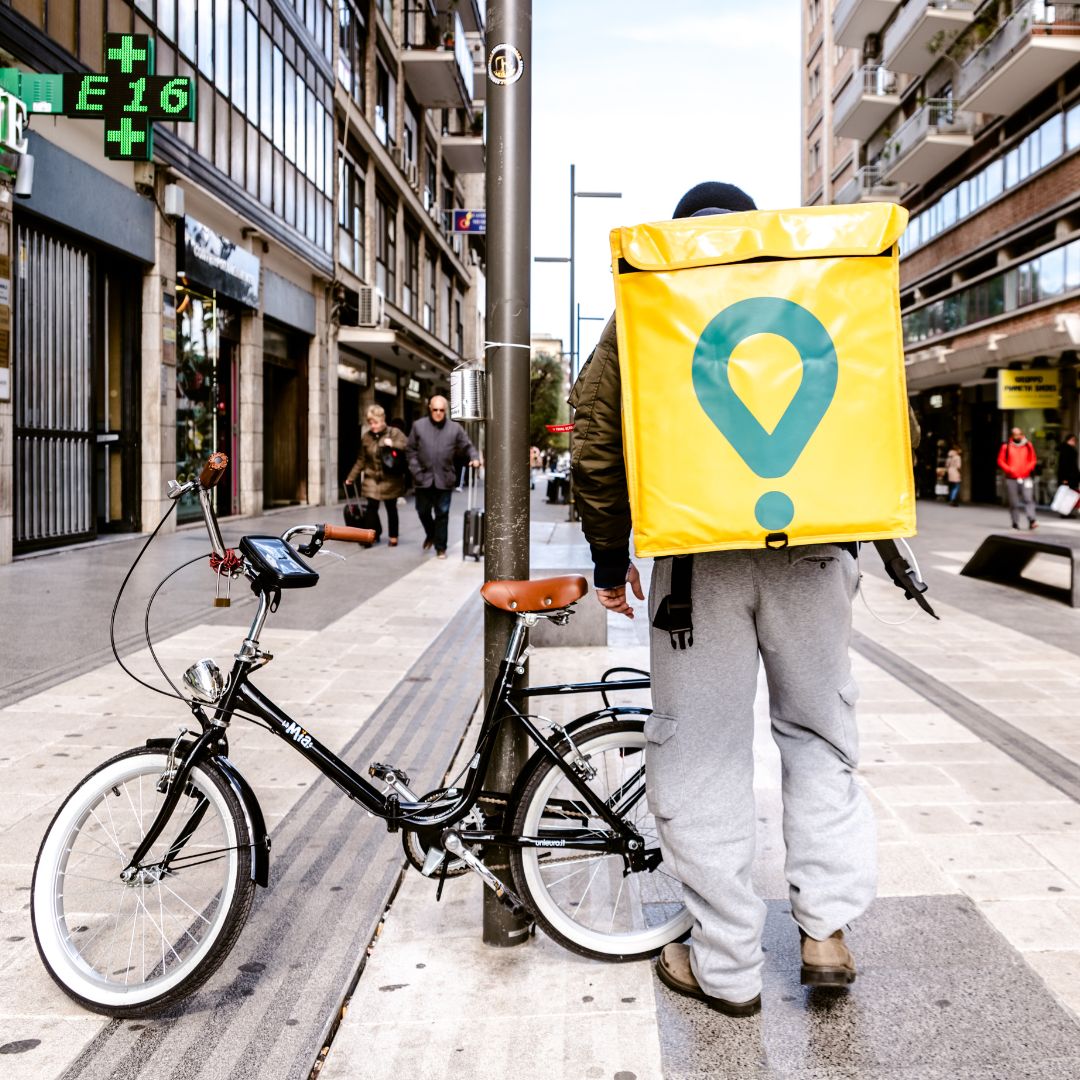The company Glovo was back in the headlines due to the sanction imposed by the ITSS and it was reiterated that there is an employment relationship between the riders and the company Glovo, and therefore, they could not be considered as economically dependent self-employed workers (TRADE).
Last year, a Zaragoza court ruled that Glovo and its 329 workers had an employment relationship, obliging the company to pay social security for all of them.
A sentence without end
The judgment, upheld in its entirety by the Aragon High Court of Justice, ordered the company to pay the costs, as Glovo was considered to be the commercial decision-maker and the one in charge of compensating the delivery drivers for their delivery services."Neither the shops nor the end consumers to whom the delivery service is provided are customers of the delivery person, but of Glovo", the ruling states.
In the ruling, the TSJ concludes that "there is an employment relationship between the Glovo company and the delivery drivers affected" and that, contrary to the alleged independence of the delivery drivers, there was "a clear dependence, as the defendant company gave guidelines, instructions and indications of how the delivery should be carried out, either by means of an informative talk at the beginning of the relationship, or by making the documentation available to them or by referring to the Glovers' website".
Glovo's obligation to pay social security contributions for its workers and the initial penalty of €400,000 in taxes from the ITSS are therefore confirmed.
Problems with the model to be applied
Because of this ruling, many problems arise with the model of relations between platforms and riders, where riders oppose a law that supposedly benefits them and demand legal measures so that they are protected under the law with more equitable employment contracts. employment advice y tax consultancyThe Spanish law is thus complied with.

